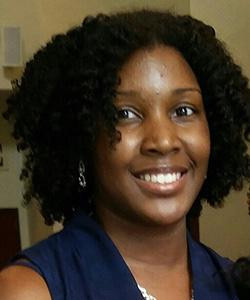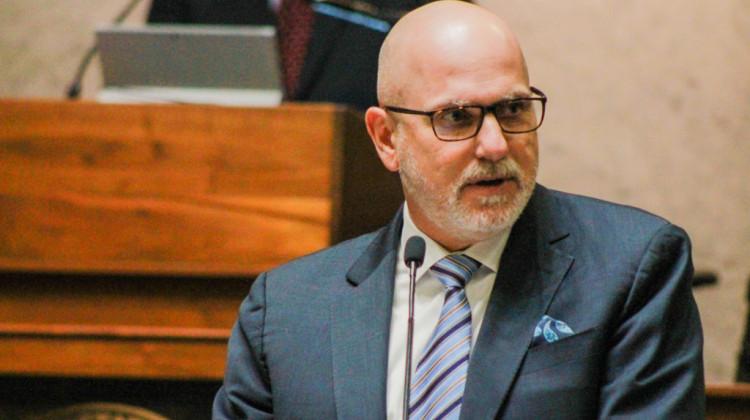Systemic racism has a big impact on the health of black Americans. They are more likely to have health conditions like diabetes or hypertension- and more likely to die from them. Racism in medicine takes many forms, and one is a foundation of mistrust and misunderstanding.
Shardé Smith, a professor at University of Illinois at Urbana-Champaign, says black patients often lack preventative care.
“We see this across all aspects in the entire process,” she says. "And then if you do either contract or experience some of these conditions like hypertension or cancer, the delay in even seeking treatment really happens because of mistrust in the medical institution.”
Smith says black patients are more likely to delay going to the doctor until conditions are dire. And dismantling that mistrust means overcoming decades of history.
“The one that usually comes up first is the Tuskegee syphilis experiment that went on for 40 years where black men were essentially denied treatment and care. So a lot of this mistrust is stemming from experiment.”
Tony Gillespie is vice president of social policy at Indiana Minority Health Coalition. He says numerous studies support misunderstandings about treating black people.
“There are whole cohorts of public health students that know nothing about any of those historic injustices,” Gillespie says. “So they take that lack of information or lack of awareness and replace that with myths.”
Myths like black people’s skin is tougher or that they can withstand more pain.
“So black people often go to hospital room, you know, they say, ‘well, can you please tell me what your pain is from a scale from one to 10”, Gillespie says. “And they come in on ten, and they leave on 10. And they leave on ten with aspirin versus some sort of pain management regimen.”
A new study from the New England Journal of Medicine found that some algorithms used by doctors to guide treatments are racially biased. One algorithm, used to diagnose kidney stones, uses a 13 point scale- the more points, the higher the risk of kidney stones. Nonblack patients are automatically given 3 extra points The lower scores for black patients mean doctors might not aggressively examine them for kidney stones.
Both Gillespie and Smith say black people are often blamed for these health disparities. But they and other experts note that access to health care, or supermarkets or places to exercise, is not equal.
“Of course, we all have choices that we can make, we all can decide on what we're going to eat, or we know where we're going to go, etc,” Smith says. “But the opportunities, and the access and the quality of that, once you get to that point, are not all equal. That's where the disparities happen.”
Breanca Merritt is a researcher at the Indiana University Public Policy Institute. She says one way to improve treatment of black patients is to teach how health interacts with other social policies.
“It requires you to understand education policy and housing policy and criminal justice policy,” Merritt says. “That those things are a huge component because they inform all those institutions that are beyond kind of how you individually interact with a patient or client and inform why their situation might be the way it is why they're presenting to you in a certain way.”
Merritt says that information can help future health experts understand disparities. Then they can help advocate for a change in systemic racism both in and out of the exam room.
Smith, Gillespie and Merritt recently participated in a Facebook Live discussion on race and health disparities. You can watch that discussion on the Side Effects Public Media Facebook page here.
This story was produced by Side Effects Public Media, a news collaborative covering public health.
Side Effects, Indiana Public Broadcasting and WFYI are asking Americans about health issues as part of the America Amplified: Election 2020 initiative. The public media initiative, funded by the Corporation for Public Broadcasting, is using community engagement to inform and strengthen local, regional and national journalism. Follow the initiative on Twitter at @amplified2020.
 DONATE
DONATE











 Support WFYI. We can't do it without you.
Support WFYI. We can't do it without you.